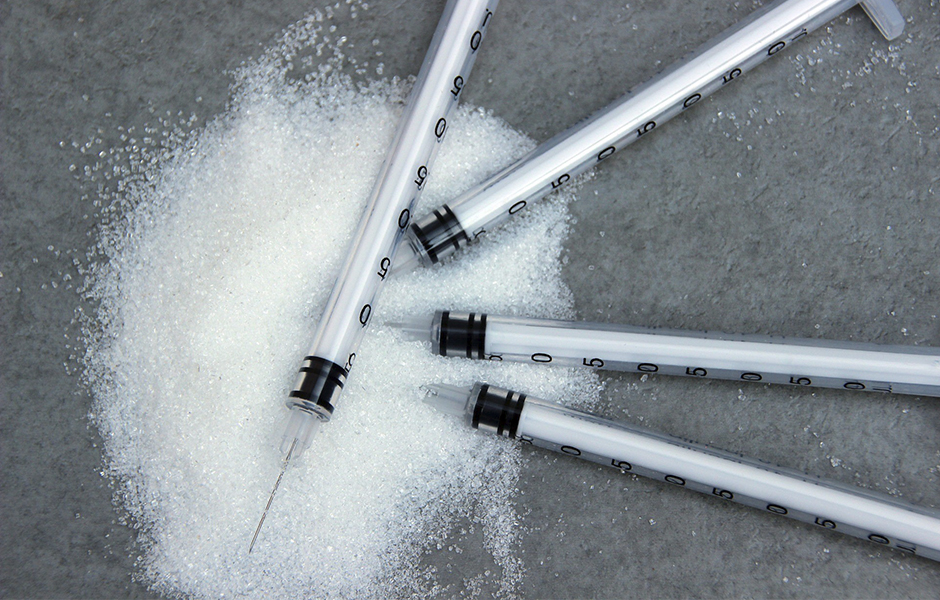A team of researchers from CINTESIS was awarded the Emílio Peres Grant by the Portuguese Society of Diabetology. The grant, worth five thousand euros, aims to finance a project aiming to assess whether the consumption of non-alcoholic beer can have a positive impact on diabetic patients.
“Considering that beer is a fermented drink rich in polyphenols that in preclinical studies has improved insulin sensitivity, this project aims to assess the effect of moderate consumption of non-alcoholic beer on sugar levels of individuals with type 2 diabetes,” specifies Conceição Calhau, leader of the research line, specialist in the field of Nutrition and Metabolism at CINTESIS and professor at the NOVA Medical School, in Lisbon.
To do this, a clinical trial will be conducted that includes men and women aged 40-75 years diagnosed with type 2 diabetes.
“The intestinal microbiota is the set of microorganisms that colonize the human intestine. As an equilibrium ecosystem, the intestinal microbiota interacts with the host organism, performing several metabolic functions. Therefore, changes in its composition or function may be implicated in the pathogenesis of various metabolic diseases, such as type 2 diabetes,” says Cláudia Marques, a researcher at CINTESIS and at the NOVA Medical School, who will coordinate the work.
“Our diet is the factor that most influences the composition of the intestinal microbiota. Previous studies have shown that changes in eating habits lead to visible changes in the composition of the intestinal microbiota shortly after 24 h,” adds Eva Lau, an endocrinologist, member of CINTESIS and professor at the Faculty of Medicine of the University of Porto (FMUP), with whom the diabetic patients will have consultations.
Hop, a plant used by the brewing industry to give bitter taste to beer, is rich in polyphenols, such as xanthohumol, which has several health benefits. Results obtained in preclinical studies have shown that xanthohumol attenuates hyperglycemia.
However, scientific evidence about the effects of beer consumption on metabolism and intestinal microbiota is scarce and, for the most part, supported only by studies in animals or in vitro models. “With this study in humans, we intend to obtain more solid conclusions about the utility of non-alcoholic beer consumption for diabetic patients,” concludes Conceição Calhau.
The research team also includes André Rosario, Diana Teixeira, Diogo Pestana, Ana Faria and Davide Carvalho. Patients will be recruited at the Hospital of São João of Porto and the microbiota analyses will be performed at the NOVA Medical School – NOVA University of Lisbon.

